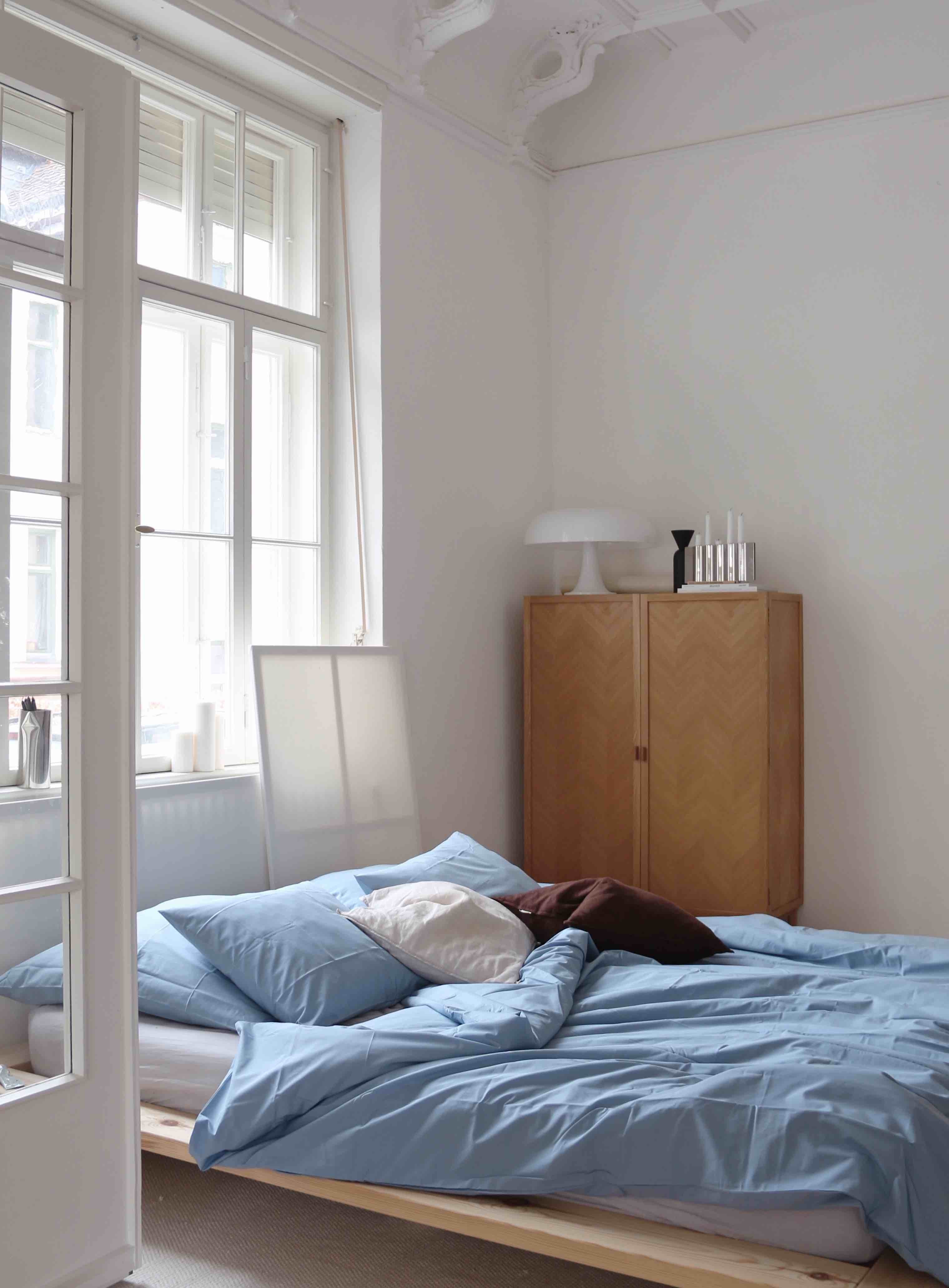We all know how important a good night’s sleep is for our physical and mental health. But did you know that getting enough restful slumber can also help with reducing inflammation in the body? Studies have shown that people who don’t get enough quality sleep are more likely to suffer from inflammation than those who consistently follow a healthy sleeping pattern.
Inflammation is a natural process that occurs in the body in response to injury, infection, or other forms of stress. While it plays an important role in the healing process, chronic low-grade inflammation can lead to a range of uncomfortable and dangerous conditions such as heart disease, cancer, and diabetes.
Low-grade inflammation is a condition in which the body's immune system is activated and produces a low level of inflammation that persists over time. This type of inflammation is not typically associated with the classic symptoms of acute inflammation, such as redness, swelling, and pain. Instead, it is a more subtle, chronic process that can go unnoticed for years until it manifests in the form of a chronic disease.
The most common symptoms of chronic inflammation include joint pain, fatigue, headaches, weight gain, and even depression.
Reducing low-grade inflammation in the body is essential for maintaining optimal health and preventing chronic diseases. Some of the most effective ways to reduce low-grade inflammation in the body are:
Diet: The food you eat plays a significant role in inflammation. A diet high in processed foods, sugar, and unhealthy fats can lead to increased inflammation in the body. On the other hand, a diet rich in fruits, vegetables, whole grains, and healthy fats such as omega-3 fatty acids can help reduce inflammation.
Exercise: Regular physical activity is another effective way to reduce inflammation in the body. Exercise helps to regulate the immune system and reduces the production of inflammatory cytokines.
Stress Reduction: Chronic stress can lead to increased inflammation in the body. Practicing relaxation techniques such as meditation, yoga, or deep breathing can help reduce stress levels and lower inflammation
Sleep: Getting enough quality sleep each night can help reduce these symptoms and help prevent future flare-ups.
Studies have shown that getting adequate sleep can help to reduce inflammation and prevent chronic diseases. In one study, participants who slept less than six hours per night had higher levels of inflammatory markers such as C-reactive protein (CRP) and interleukin-6 (IL-6) compared to those who slept seven to eight hours per night.
Getting enough sleep and maintaining good sleep quality is crucial for reducing inflammation in the body. Adults should aim for seven to nine hours of sleep per night, and children and teenagers need even more.
In order to ensure a good night’s sleep, taking steps to establish a consistent bedtime routine can be helpful. Try to engage in the same relaxing activities each night before bed, such as reading, listening to calm music, taking a warm bath or shower, or practicing gentle yoga or meditation. By engaging in these calming activities, you can signal to your body and mind that it's time to start winding down and preparing for rest.

Another important factor to consider is the impact of screens on our ability to sleep effectively. The blue light emitted by TVs, phones, and computers can interfere with the production of melatonin, the hormone that regulates sleep. To prevent these disruptions, consider turning off screens at least one hour before bed or using software that filters out blue light.
Caffeine and alcohol should also be taken into consideration when aiming for a better night's sleep. Both can interfere with your sleep cycle and affect the quality of your sleep. Limiting your caffeine intake especially in the late afternoon or evening, and avoiding alcohol consumption before bed can be very helpful. Drinking a caffeine-free tea instead can be a great way to improve your sleep. Chamomile, peppermint, lavender, valerian root, and passionflower teas are popular choices known for their calming and relaxing properties. These teas can help soothe the mind and body, promoting a restful night's sleep. Avoiding caffeinated teas is recommended to prevent sleep disturbances.

It's crucial to ensure that your sleeping environment is calm, cool and dark. Invest in a high-quality mattress and pillows that support your body and provide comfort. High-quality bedding can also make a huge difference for your sleep. In previous posts we dived into why we are such big fans of percale sheets, and how they can help you sleep better at night.
Photo via @amsterdamshuis, with our Warm sand rainbows sheet.
By following these simple tips, you can help your body fight inflammation more effectively while improving your physical and mental health. So if you’re looking for ways to reduce inflammation, start by getting enough quality rest each night! With a few simple changes, you’ll be on your way to feeling better in no time.
*Please note this blog post is for informational purposes only and does not constitute medical advice. Before making any changes to your lifestyle, please consult a qualified healthcare professional.
Sources:
Prather, A. A., Epel, E. S., Cohen, B. E., Neylan, T. C., Whooley, M. A. (2010). "Gender differences in the association between sleep disturbance and inflammation in patients with coronary heart disease." Psychoneuroendocrinology, 35(3), 344-350.
Irwin, M. R., Wang, M., Ribeiro, D., Cho, H. J., Olmstead, R., Breen, E. C., ... & Cole, S. (2008). "Sleep loss activates cellular inflammation and reduces NAD+ levels in humans." Brain, Behavior, and Immunity, 24(3), 394-398.
Patel, S. R., Zhu, X., Storfer-Isser, A., Mehra, R., Jenny, N. S., Tracy, R., ... & Redline, S. (2009). "Sleep duration and biomarkers of inflammation." Sleep, 32(2), 200-204.
Miller, M. A., & Cappuccio, F. P. (2007). "Inflammation, sleep, obesity and cardiovascular disease." Current Vascular Pharmacology, 5(2), 93-102.
Besedovsky, L., Lange, T., & Born, J. (2012). "Sleep and immune function." Pflügers Archiv-European Journal of Physiology, 463(1), 121-137.
https://www.sleepfoundation.org/articles/how-sleep-affects-inflammation
https://www.healthline.com/nutrition/10-ways-to-reduce-inflammation-naturally#section8







